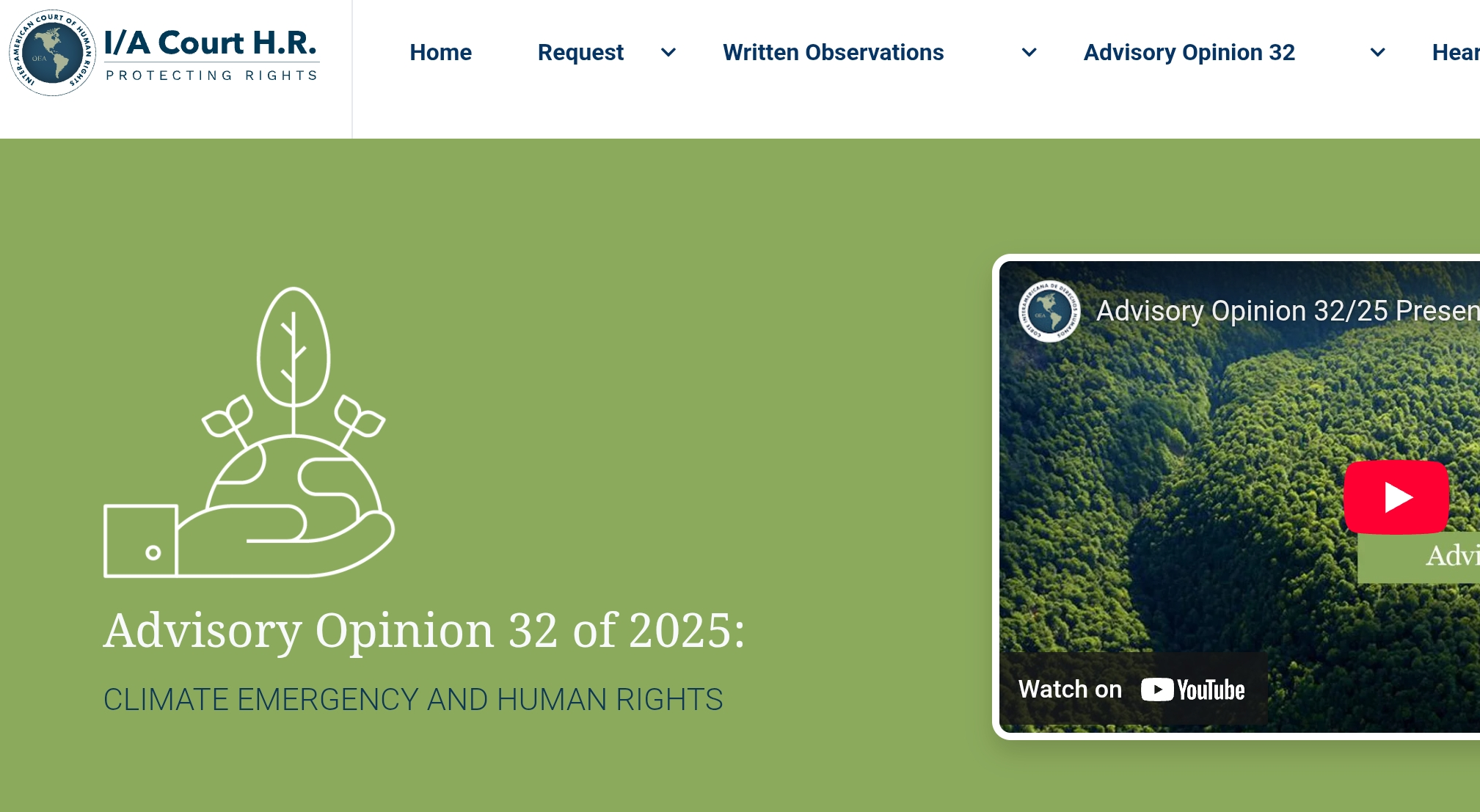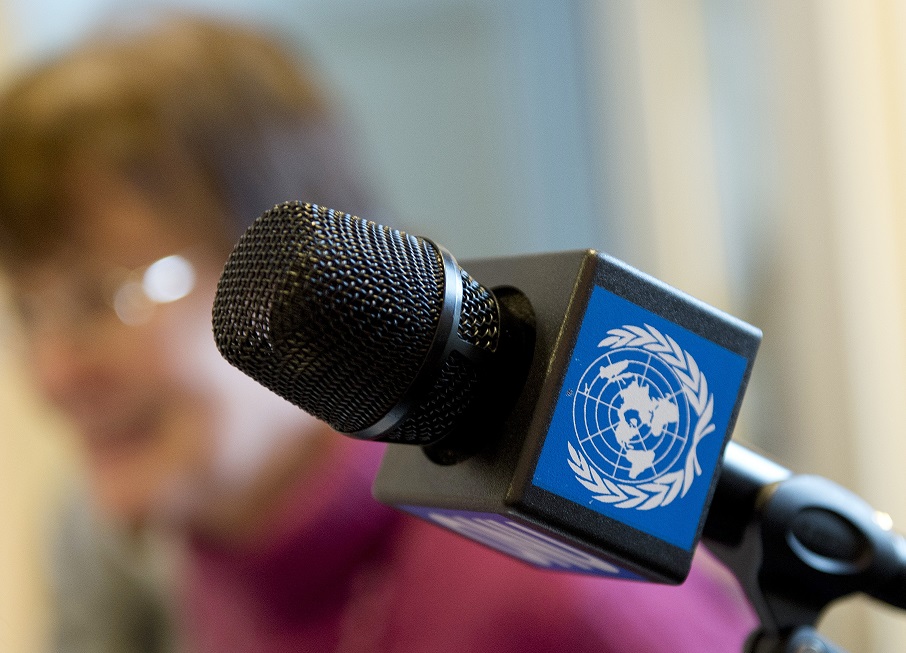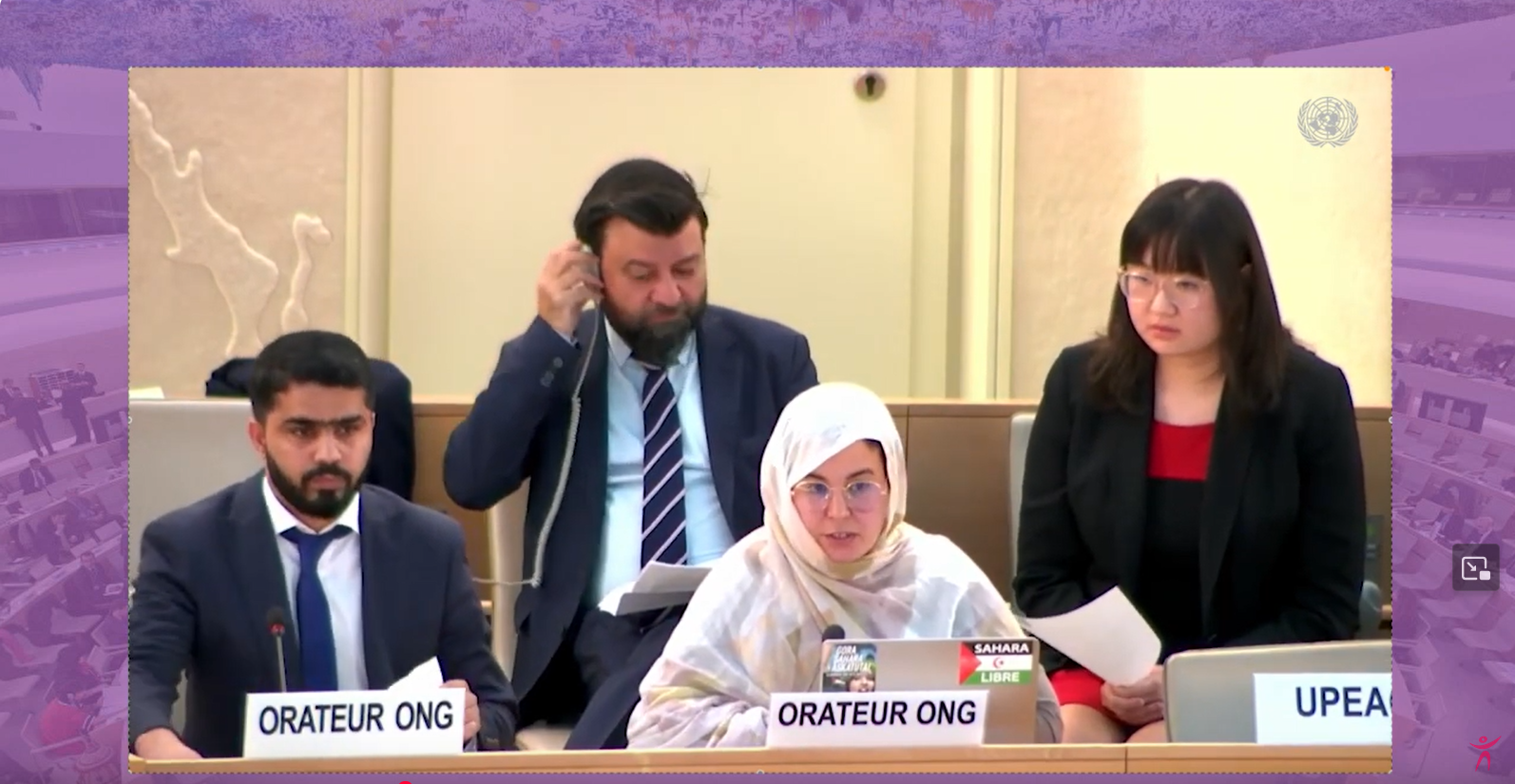Experts singled out concerns for the cultural, linguistic and religious rights of Uyghurs and Tibetans; shortcomings in governance of Chinese companies and investments overseas; and ongoing threats against human rights defenders and independent civil society protecting and promoting rights in mainland China and in Hong Kong.
‘The Committee’s findings read like a checklist of human rights violations and show the extent to which the Chinese authorities continue to blatantly trample on fundamental human rights,’ said Lhadon Tethong, Director of Tibet Action Institute and representative of Tibet Advocacy Coalition.
The document released Monday, formally referred to as ‘concluding observations’, includes clear and specific recommendations for China to end discriminatory policies against minorities and to eliminate all legislative hurdles to the independent work of civil society groups. These have been broadly welcomed across movements advocating for human rights progress by the PRC authorities.
‘The CESCR Concluding Observations are an indictment of the PRC’s policies in Tibet,’ Kai Mueller, Executive Director of the International Campaign for Tibet in Germany, stated. ‘The Tibetan people have been subjected to policies, including mass relocations of herder and rural communities, that systematically threaten the survival of their culture and identity. The international community should echo the Committee’s recommendations and urgently call for an end to these violations.’
The CESCR recommendations mirror years of inquiries by UN Special Procedures on precisely these issues. The persistence of concerns, especially with regard to the situation of Uyghurs and other majority-Muslim groups, demonstrates the need for a comprehensive, coordinated effort at the Human Rights Council to address systemic human rights violations in the PRC.
‘This UN expert body has now joined the chorus of voices calling for an urgent overhaul of China’s assimilation policies and for the immediate abolition of the residential schools system in Tibet,’ Tethong added.
CESCR, which is charged with monitoring States’ compliance to the International Covenant on Economic, Social and Cultural Rights, also provided a strong rebuttal to claims made by the Chinese delegation during the review, and the statement by Chinese Foreign Minister Qin Gang at the opening of the Human Rights Council session last week.
Instead of the ‘unified multiethnic country’ with ‘legal safeguards for human rights’ and a commitment to ‘high quality development’ that Foreign Minister Gang spoke of, UN experts pointed to a very different reality:
- an urgent need to immediately bring to an end the violations of human rights in the Xinjiang Uyghur Autonomous Region, including the ‘large-scale arbitrary deprivation of liberty’ in facilities, or so-called ‘vocational education and training centers’ (VETCs).
- policies of forced assimilation, including a system of residential schools in Tibet which has seen nearly 1 million Tibetan children separated from their families and communities and a mass relocation program that aims to uproot nomads, herders and the rural population in Tibet;
- abuse of national security legislation to target dissenting voices and criminalise the peaceful exercise of fundamental freedoms, in particular in Hong Kong; and
- ‘inadequacy of legal obligations for businesses under the State party’s jurisdiction to exercise human rights due diligence’, whether within Chinese jurisdictions or in countries around the world, and identify negative human rights impacts of development projects.
Dolkun Isa, president of the World Uyghur Congress, summarised the dynamics, saying: ‘The CESCR has provided yet more evidence highlighting the gravity of the situation for Uyghur and Turkic people. This is the proof that China has failed to whitewash its genocidal policies at the UN.’
China regularly touts its commitments to multilateralism and to cooperation with the UN and its mechanisms, but historically – and in the specific context of this review – has acted to undermine the ability of UN mechanisms to carry out their work, not least by continuing a pattern of reprisals and intimidation against activists who try to engage with them. The experts specifically called on China to ‘refrain from persecuting and prosecuting human rights defenders and lawyers working on human rights issues’.
‘Human rights lawyers in China do not want their voice silenced by the Chinese government. Despite the risks in engaging the UN process, lawyers want to disclose the facts of how the Chinese Communist Party undermines human rights, especially lawyers’ rights to practice, by revoking lawyers’ licenses and threatening them with worse,’ says Chakra Ip of The 29 Principles.
Nearly a dozen high-level officials from countries around the world used their opening remarks to the Human Rights Council to call for more action by China to implement UN human rights recommendations, including those in the Assessment Report on Xinjiang, released by the Office of the High Commissioner for Human Rights in August 2022.
This comprehensive new set of recommendations should hammer home the wide-ranging and pervasive rights violations committed by Chinese authorities and other actors, and spur renewed action to hold China accountable.
‘While Chinese officials see the review as an opportunity to whitewash their treatment of citizens, rights defenders remain persistent in using this forum to leave a record of what people have actually experienced,’ says Ramona Li of Chinese Human Rights Defenders. ‘As room disappears in China for holding authorities accountable, more communities are now turning to engagement with the UN, even at the expense of their own safety.’
The International Service for Human Rights (ISHR) issued a research report in May 2022 highlighting the tactical use of reprisals and intimidation by Chinese authorities. This was followed by a January 2023 briefing paper looking at the treaty body system in particular.
‘More activists and individuals are willing to take risks to share their information with the UN, and more broadly the international community,’ noted ISHR Programme director Sarah M Brooks. ‘In return, it is imperative that the international community, and especially States, be serious about holding China accountable to its obligations. No exceptions.’
ISHR has developed an explainer in English, Chinese (simplified) or Spanish on the Concluding Observations of the review, summarizing the key recommendations and how civil society can use them to assist documentation and advance change.
Contacts:
Sarah M Brooks, International Service for Human Rights
[email protected]
Anouk Wear, Hong Kong Watch
[email protected]
Fengsuo Zhou, Human Rights in China
[email protected]
Kai Müller, International Campaign for Tibet
[email protected]
Ramona Li, Network of Chinese Human Rights Defenders
[email protected]
Chakra Ip, The 29 Principles
[email protected]
Gloria Montgomery, Tibet Advocacy Coalition
[email protected]
Peter Irwin, Uyghur Human Rights Project
[email protected]
Zumretay Arkin, World Uyghur Congress
[email protected]
Download as PDF




